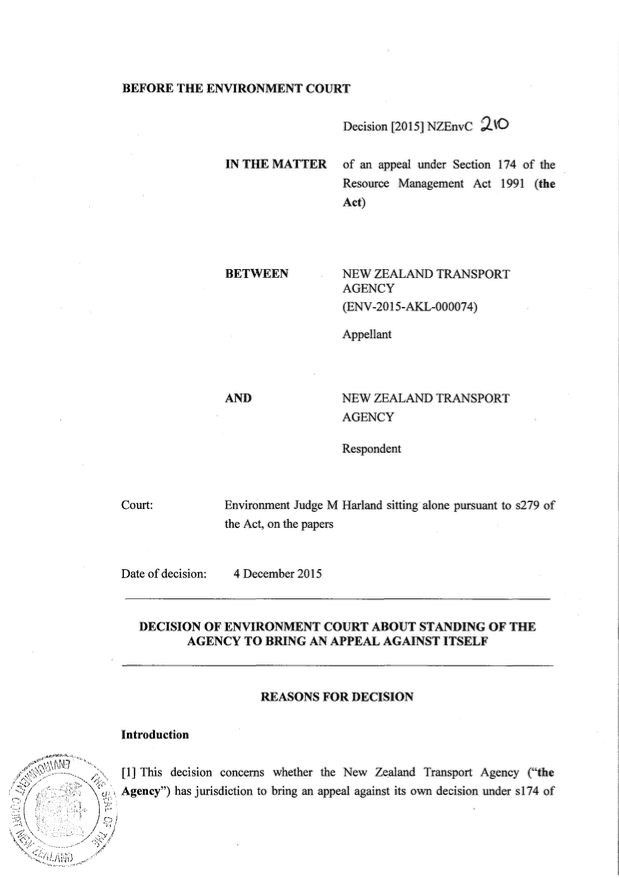Few things make me as proud to be an Otago graduate as the tremendous puns in the titles of Honours dissertations. When you slave all year on your dissertation your reward is getting to come up with a snappy title.
From the small and perfectly formed, to those that sacrifice all semblance of logical sentence structure to land a payoff few think worth the effort, all are excellent. Here are nine of my favourites.
Knowing Where to Draw the Line: Assessing the Protection of Fine Art from Censorship in New Zealand by Nick Gillard
Can I help you with that? Assisted Suicide in New Zealand by Sean McIntyre
Has the Supreme Court Turned and Waved Goodbye to the Essence of the New Zealand Securities Regime? by Evan Jones (assuming that you know about the Supreme Court’s decision in Hickman v Turn and Wave [2012] NZSC 72, [2013] 1 NZLR 741)
Are the fat cats pouring their own milk? Executive remuneration in listed companies in New Zealand by Nicholas Blumsky-Gibbs
Contracting the New Delhi Belly: Responding to the Practice of International Surrogacy by Annika Tombleson
Trying Times: The Right to a Fair Trial in the Changing Media Environment by Amy Elvidge
Unzipping Our Genes for Insurers? Regulating the Use of Genetic Information in Insurance by Katharine Reynolds
Making a Killing: A separate corporate manslaughter offence for New Zealand? by Aaron Sweet
Finally, I should add that the list is only nine and not ten because on balance this one has Not Aged Well (if, indeed, it was ever appropriate…).




